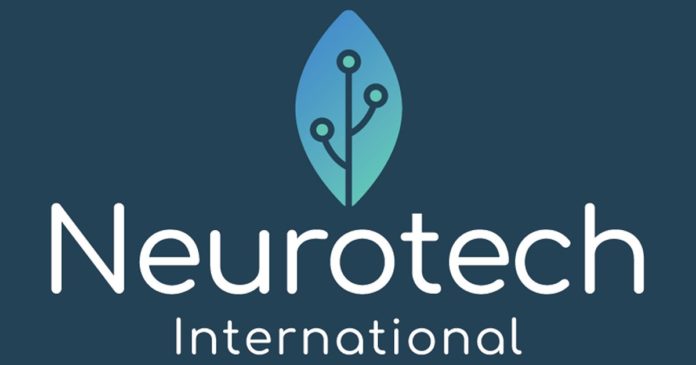Australia’s Neurotech International (ASX:NTI) has completed recruitment for a Phase II/III trial seeking to confirm the therapeutic effects of its broad spectrum cannabinoid therapy in autistic patients.
Its formulation, NTI164, has been developed with view to treating Paediatric Autism Spectrum Disorder (ASD).
Previous Phase I/II trial results at Monash Children’s Hospital demonstrated successful outcomes relating to the safety, tolerability and efficacy of NTI164 on key behavioural parameters; with 93% of participants showing symptom improvement says the company.
The NTI164 formulation contains less than 0.3% THC, but high levels of CBDA along with the presence of “rarer” cannabinoids CBC, CBDP, CBDB, CBN, CBG, plus more than 4% terpenes. The cannabinoids are extracted from the firm’s proprietary NTI/Dolce cannabis strains.
As with the last trial, the Principal Investigator for this study is Professor Michael Fahey, Head of the Paediatric Neurology Unit and Director of Neurogenetics at Monash Medical Centre.
The new Phase II/III ASD clinical trial has recruited a total of 56 patients with Level 2 (requiring substantial support) and Level 3 (requiring very substantial support) autism, who have been enrolled at the Paediatric Neurology Unit.
“The results of this trial will inform our discussions with the Therapeutic Goods Administration to understand our pathway to market approval in Australia as our first market opportunity, where the prevalence of autism is estimated at 1 in 50 across the population, representing a 40 fold increase in the last 20 years,” said Executive Director of Neurotech Dr Thomas Duthy.
The new study is a is a randomised, double-blind, placebo-controlled clinical trial that comprises an 8-week treatment period, followed by an 8-week open-label maintenance period, followed by a 2-week wash-out period. However, participants choosing to continue receiving NTI164 beyond the study’s duration can do so for an additional 38 weeks.
Results from the Phase II/III ASD clinical trial are expected in the first quarter of next year.
“With the explosion in autism associated costs under the Australian National Disability Insurance Scheme, there is an urgent need for new enabling treatments like NTI164, which has been shown to significantly improve adaptive behaviours and socialisation and improve these children’s quality of life while reducing caregiver burden,” said Dr. Duthy.


